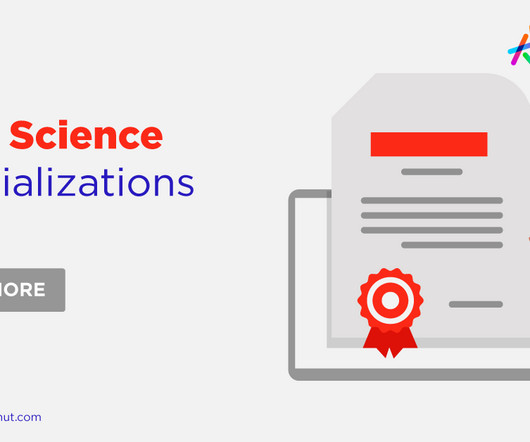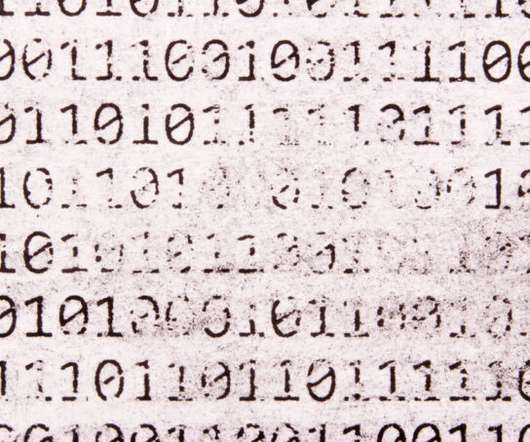Best Morgan Stanley Data Engineer Interview Questions
U-Next
MARCH 1, 2023
Introduction Data Engineer is responsible for managing the flow of data to be used to make better business decisions. A solid understanding of relational databases and SQL language is a must-have skill, as an ability to manipulate large amounts of data effectively. What are some examples of non-relational databases?












Let's personalize your content